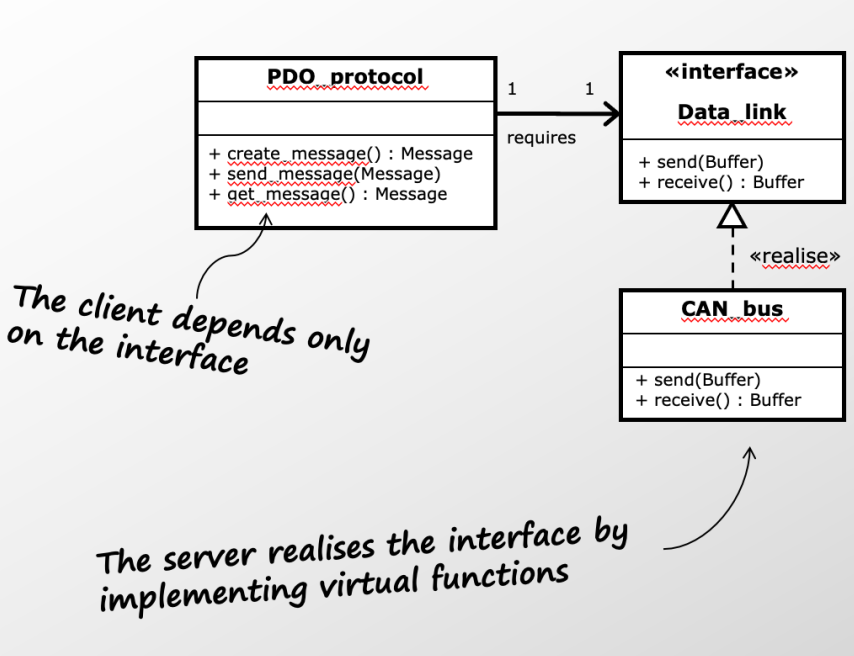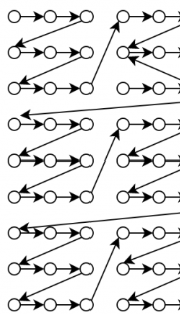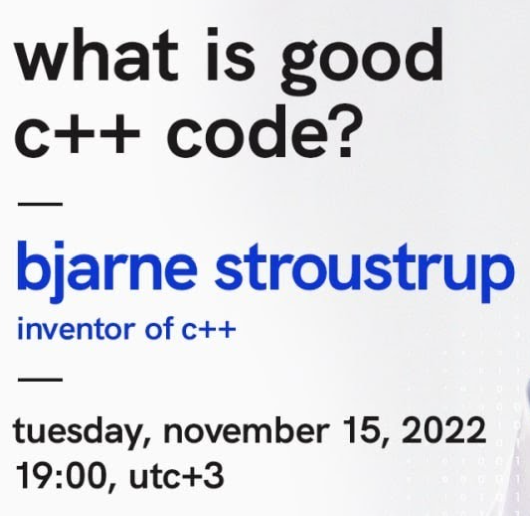Messaging with 0MQ (ZeroMQ) -- Richard Thomson
Utah C++ Programmers has released a new video:
Messaging with 0MQ (ZeroMQ)
by Richard Thomson
From the video description:
ZeroMQ (also known as ØMQ, 0MQ, or zmq) looks like an embeddable networking library but acts like a concurrency framework. It gives you sockets that carry atomic messages across various transports like in-process, inter-process, TCP, and multicast. You can connect sockets N-to-N with patterns like fan-out, pub-sub, task distribution, and request-reply. It's fast enough to be the fabric for clustered products. Its asynchronous I/O model gives you scalable multicore applications, built as asynchronous message-processing tasks. It has a score of language APIs and runs on most operating systems.
This month, Richard Thomson will give us an introduction to ZeroMQ. We'll look briefly at the low-level library libzmq before switching to the higher level C++ library zmqpp. We'll adapt a simple database for comic book issues into a CRUD server that responds to zmq messages.

 constexpr keeps getting more and more powerful with each release:
constexpr keeps getting more and more powerful with each release: Playing the classics, at arm's length...
Playing the classics, at arm's length... When having the "last word" makes stuff go faster...
When having the "last word" makes stuff go faster... As Crocodile Dundee famously said, "That's not a loop, that's a loop." Just programmers having fun:
As Crocodile Dundee famously said, "That's not a loop, that's a loop." Just programmers having fun:
 On November 15, Bjarne Stroustrup will be giving a live talk available via YouTube:
On November 15, Bjarne Stroustrup will be giving a live talk available via YouTube: Visual Studio 2022 17.4 is available:
Visual Studio 2022 17.4 is available: